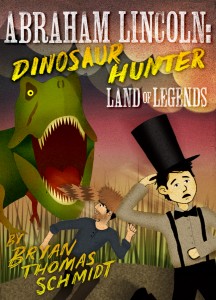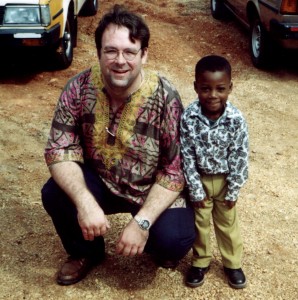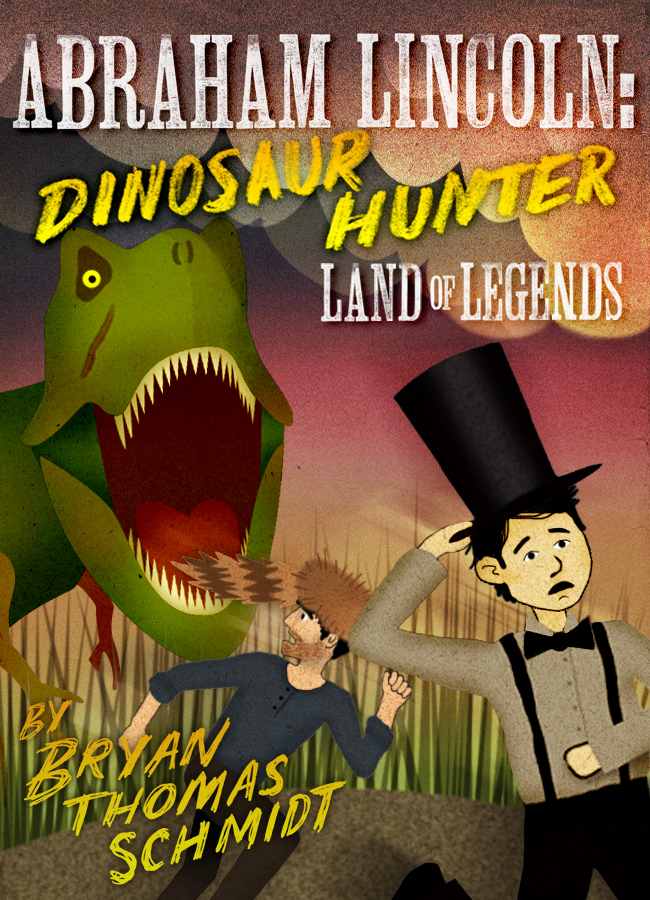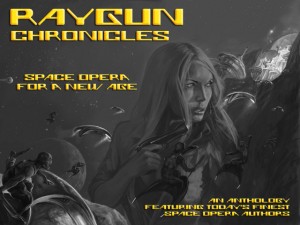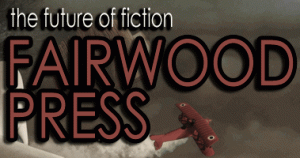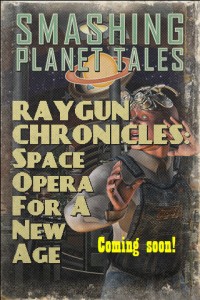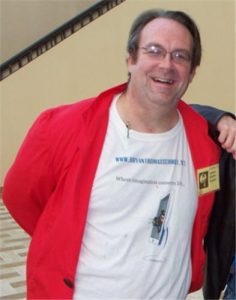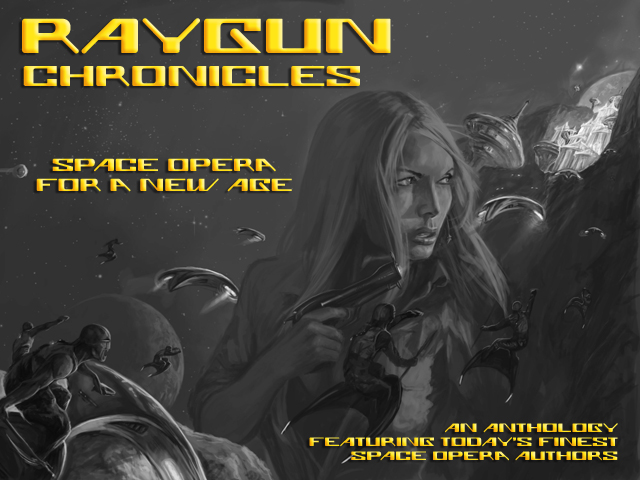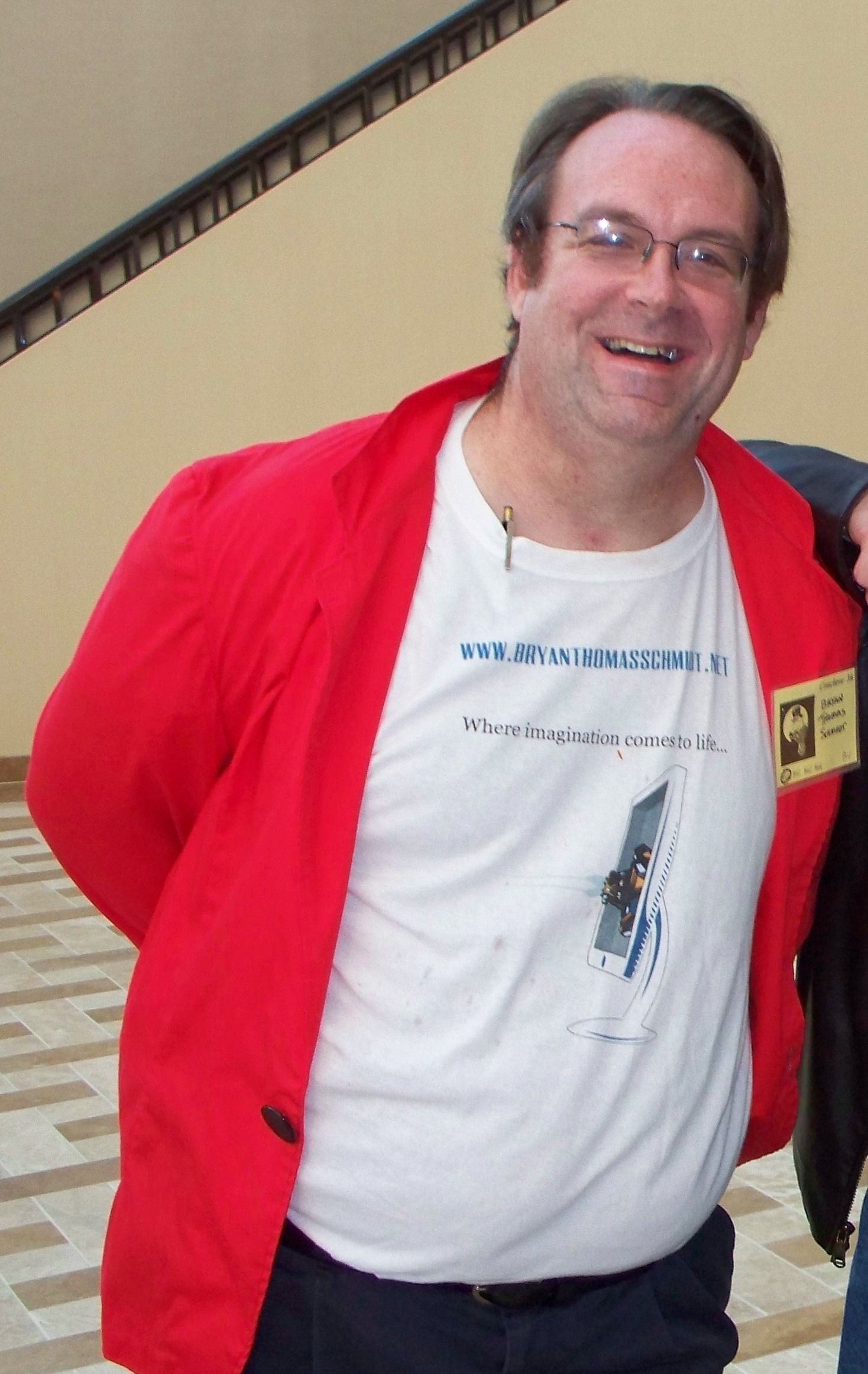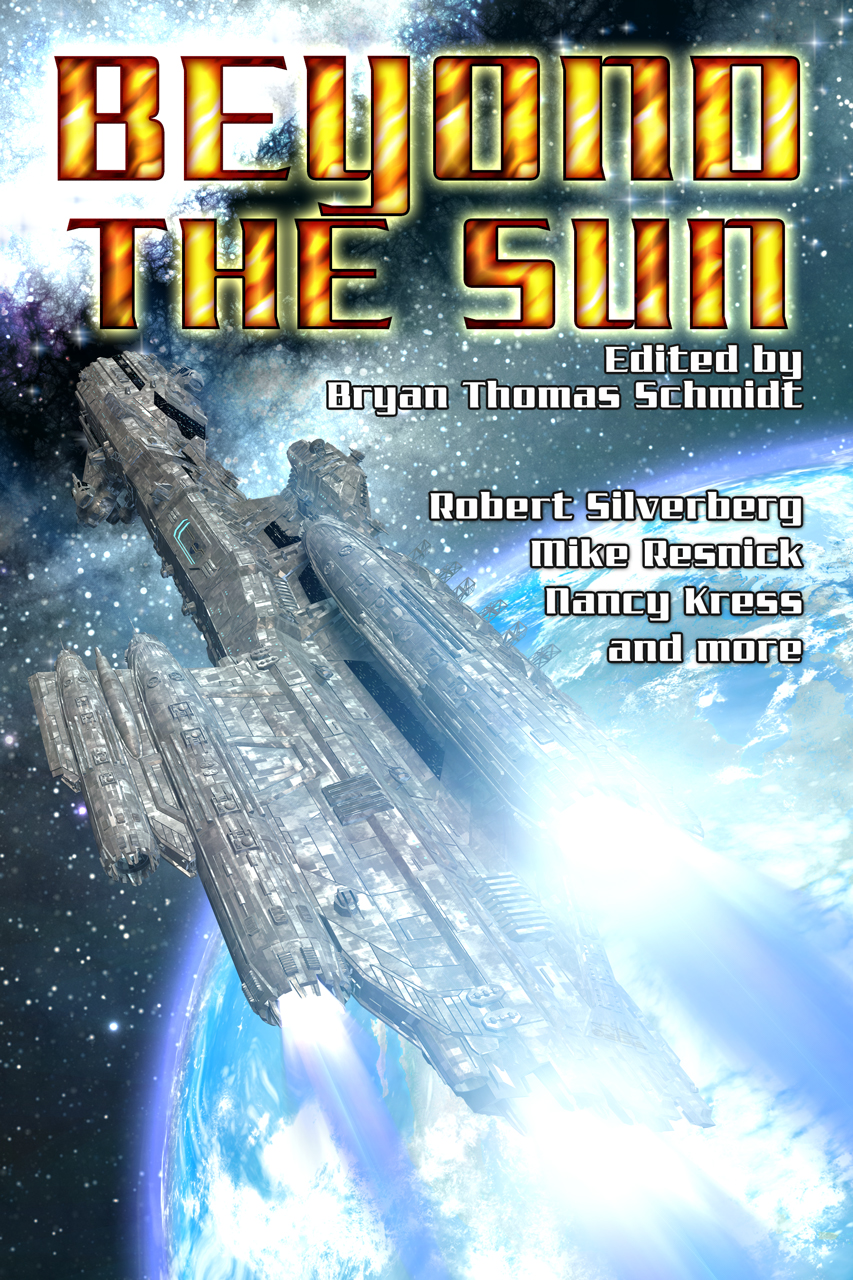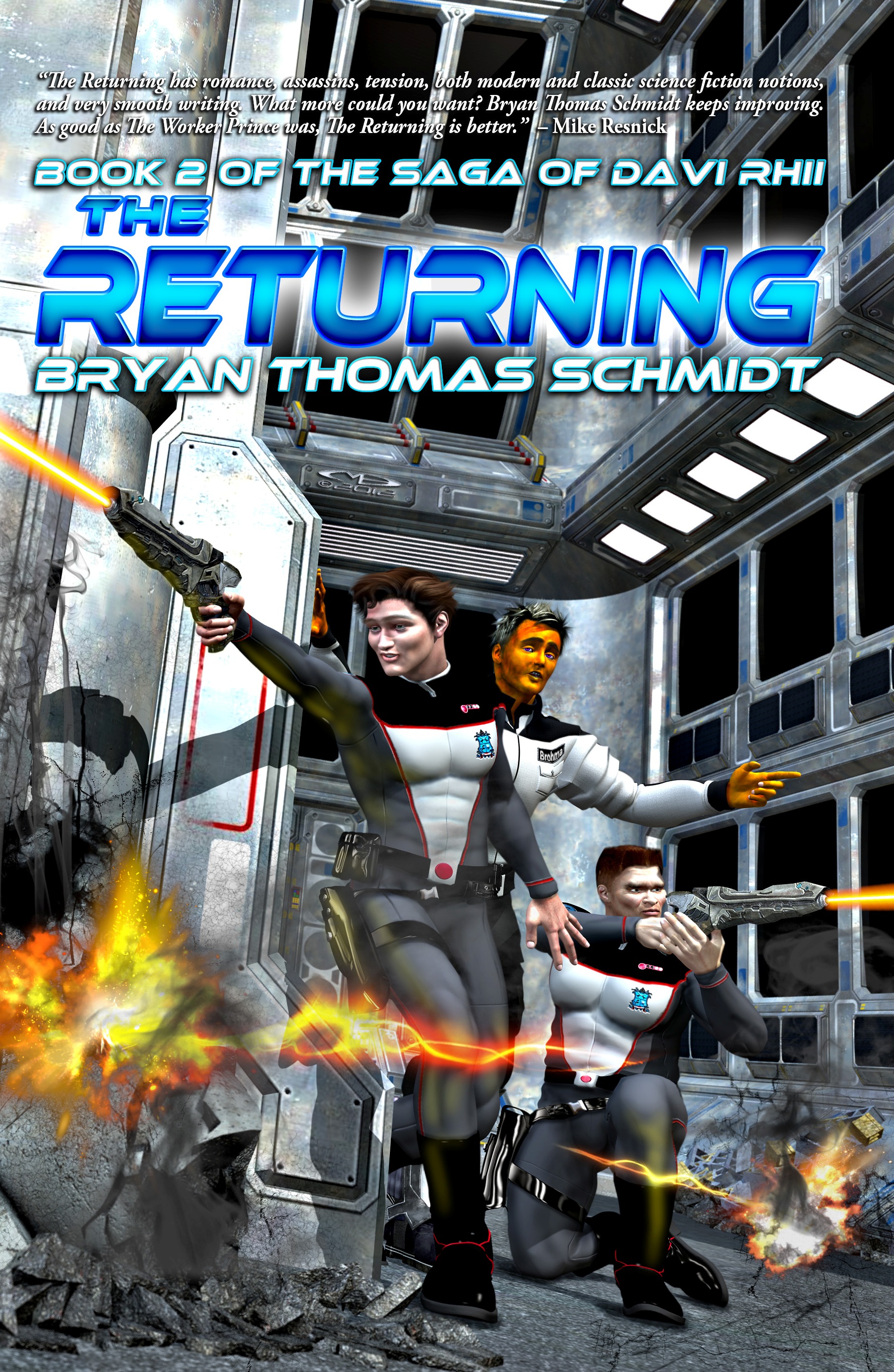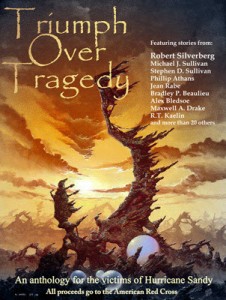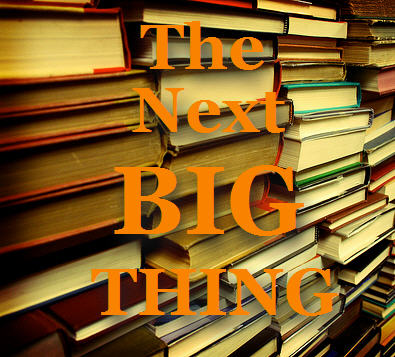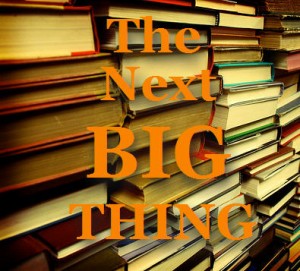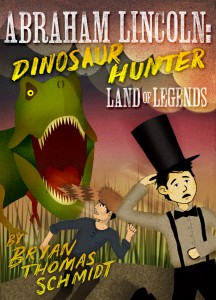As host of SFFWRTCHT, I am exposed to authors from all different publishers, genres and styles, and recently have been getting a chance to see more and more Young Adult books. As a non-regular reader of YA, I was hesitant. Will I relate to this? Is this for me? Is it going to be a bunch of teen angst and drama? Instead, so far, I have found very interesting, well developed real people as characters with interesting plots and stories to go with. Since I often get exposed to books before they take off, here are 7 YA reads I recommend to readers of all ages. In fact, adults, enjoy them with your kids if you dare!
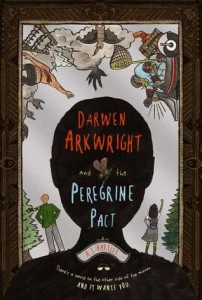 1) Darwen Arkwright by A.J. Hartley — Admittedly marketed as Middle Grade, this series has enough to it to appeal far beyond. It has a set up and characters which remind me of Harry Potter, but it’s very unique. The British protagonist enrolls in a new school in the U.S. and finds a door to a fantasy dimension that winds up involving him in plots and schemes by monsters and magic to take over the world. Entertaining, with great worldbuilding, this would be a worthy follow up for Potter fans.
1) Darwen Arkwright by A.J. Hartley — Admittedly marketed as Middle Grade, this series has enough to it to appeal far beyond. It has a set up and characters which remind me of Harry Potter, but it’s very unique. The British protagonist enrolls in a new school in the U.S. and finds a door to a fantasy dimension that winds up involving him in plots and schemes by monsters and magic to take over the world. Entertaining, with great worldbuilding, this would be a worthy follow up for Potter fans.
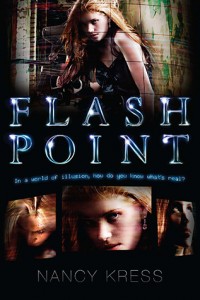 2) Flash Point by Nancy Kress — A standalone by a top writer, this compelling story has a teen cast in a near future reality TV show where producers create events to get a reaction by surprising their cast, but things get far more dangerous and complicated than anyone expected, and you’ll find the journey as compelling and fascinating as I did.
2) Flash Point by Nancy Kress — A standalone by a top writer, this compelling story has a teen cast in a near future reality TV show where producers create events to get a reaction by surprising their cast, but things get far more dangerous and complicated than anyone expected, and you’ll find the journey as compelling and fascinating as I did.
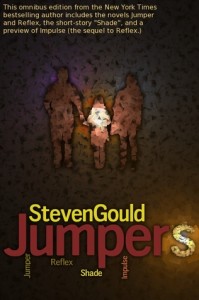 3) Jumper by Steven Gould — Admittedly, these are hits, but I just recently read Impulse, the third, after missing the middle book, and it was amazing. You can read them as standalones or as a series, but they tell the story of David Rice and his wife and daughter, hunted for their gift of Jumping through time and space to locations they can remember in various ways, this series is compelling and interesting with real situations and characters interwoven with fantastic elements. Forget the movie, Jumper. Whether you liked it or not, this is the original canon and well worth the read.
3) Jumper by Steven Gould — Admittedly, these are hits, but I just recently read Impulse, the third, after missing the middle book, and it was amazing. You can read them as standalones or as a series, but they tell the story of David Rice and his wife and daughter, hunted for their gift of Jumping through time and space to locations they can remember in various ways, this series is compelling and interesting with real situations and characters interwoven with fantastic elements. Forget the movie, Jumper. Whether you liked it or not, this is the original canon and well worth the read.
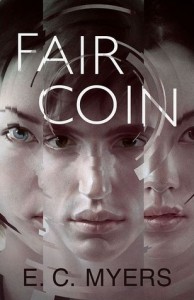 4) Coin Series by EC Myers — PYR sent me Fair Coin to interview the author and it was a real page turner. The story of a boy who finds he has a coin with the power to time travel, it unfolds like a mystery-thriller and keeps you guessing to the end. The three central characters are well drawn and appear in varied versions as the protagonist travels. The story of the coin and their lives turns out far more complicated and surprising than expected.
4) Coin Series by EC Myers — PYR sent me Fair Coin to interview the author and it was a real page turner. The story of a boy who finds he has a coin with the power to time travel, it unfolds like a mystery-thriller and keeps you guessing to the end. The three central characters are well drawn and appear in varied versions as the protagonist travels. The story of the coin and their lives turns out far more complicated and surprising than expected.
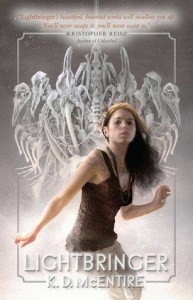 5) Lightbringer Series by K.D. McEntire — I’ve read all three of these, and, full disclosure, the author is a friend. But this is just interesting urban fantasy about a young girl who discovers, after her mother’s death, that she can send spirits to eternal rest or destroy them, depending on circumstances, and finds herself hunted and chased by them as a result, turning her world upside down. Interesting world building, great characters. Darker, but still hopeful and well worth the read.
5) Lightbringer Series by K.D. McEntire — I’ve read all three of these, and, full disclosure, the author is a friend. But this is just interesting urban fantasy about a young girl who discovers, after her mother’s death, that she can send spirits to eternal rest or destroy them, depending on circumstances, and finds herself hunted and chased by them as a result, turning her world upside down. Interesting world building, great characters. Darker, but still hopeful and well worth the read.
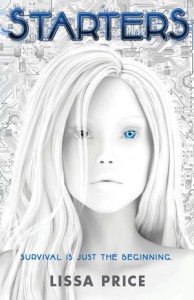 6) Starters and Enders by Lissa Price — Lissa sent me a copy when she was booked on a World Con panel I was moderating and this one knocked my socks off. I had no idea what to expect but it was one of my favorite reads of 2012. The sequel, Enders, is in the works and I guarantee it’ll be among your favorite reads too! The story of a time when youth is undervalued, with society run by older, Enders, who survived an epidemic, a young girl finds herself renting her body as a vacation body for older people, only to discover the company she works for is part of a larger, evil plot and her life is on the line. Lightning pacing, great characters, a real page turner.
6) Starters and Enders by Lissa Price — Lissa sent me a copy when she was booked on a World Con panel I was moderating and this one knocked my socks off. I had no idea what to expect but it was one of my favorite reads of 2012. The sequel, Enders, is in the works and I guarantee it’ll be among your favorite reads too! The story of a time when youth is undervalued, with society run by older, Enders, who survived an epidemic, a young girl finds herself renting her body as a vacation body for older people, only to discover the company she works for is part of a larger, evil plot and her life is on the line. Lightning pacing, great characters, a real page turner.
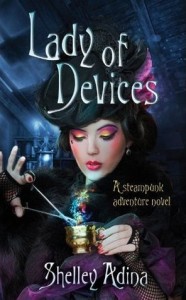 7) Magnificent Devices by Shelley Adina — This is a fun, yet short, series of YA Steampunk adventures set in Victorian England about a girl coming of age and striving to defy mores and make her own way in life after her father’s suicide and family bankruptcy. The setup may sound depressing, but the character is so delightful you’ll quickly move on and enjoy the action, adventure, well drawn characters and great use of London settings.
7) Magnificent Devices by Shelley Adina — This is a fun, yet short, series of YA Steampunk adventures set in Victorian England about a girl coming of age and striving to defy mores and make her own way in life after her father’s suicide and family bankruptcy. The setup may sound depressing, but the character is so delightful you’ll quickly move on and enjoy the action, adventure, well drawn characters and great use of London settings.
Those are some great reads you might want to discover with kids, for what it’s worth… Meanwhile, I’d love to hear about your favorites in comments.

Bryan Thomas Schmidt is the editor of Blue Shift Magazine and an author and editor of adult and children’s speculative fiction. His debut novel, The Worker Prince (2011) received Honorable Mention on Barnes & Noble Book Club’s Year’s Best Science Fiction Releases for 2011. A sequel The Returning followed in 2012 and The Exodus will appear in 2013, completing the space opera Saga Of Davi Rhii. His first children’s books, 102 More Hilarious Dinosaur Jokes For Kids (ebook only) and Abraham Lincoln: Dinosaur Hunter- Land Of Legends from Delabarre Publishing. His short stories have appeared in magazines, anthologies and online. He edited the anthology Space Battles: Full Throttle Space Tales #6 (2012) and is working on Beyond The Sun for Fairwood Press (July 2013), headlined by Robert Silverberg, Kristine Kathryn Rusch, Mike Resnick and Nancy Kress, and Raygun Chronicles: Space Opera For a New Age for Every Day Publishing (November 2013). He hosts #sffwrtcht (Science Fiction & Fantasy Writer’s Chat) Wednesdays at 9 pm ET on Twitter and is an affiliate member of the SFWA.

